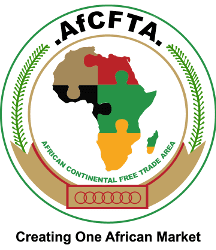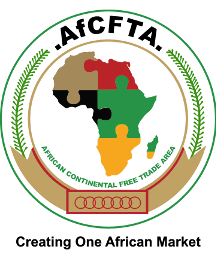Global Vantage: Trading begins under the AfCFTA Agreement
February 2021In January 2021, trading began under the African Continental Free Trade Area (AfCFTA) agreement. Will Buckby considers how the agreement might impact pan-African trade in our latest Global Vantage article.
On 1 January 2021, trading commenced under the terms of the African Continental Free Trade Area (“AfCFTA”) agreement. AfCFTA, which forms part of the African Union’s wider “Agenda 2063” master plan for African transformation, marks a landmark stage in the push for greater intra-African co-operation on trade, establishing the world’s largest free trade area (based on countries participating) since the creation of the WTO.
Whilst we are unlikely to see the full effect of AfCFTA for several years, a recent report by the World Bank (the “Report”) found that the agreement has the potential to increase Africa’s income by some $450 billion by 2035. In part, AfCFTA is expected to contribute towards this goal by championing stronger trade facilitation, including more stream-lined customs procedures and a reduction in bureaucratic “red tape”. These efforts should help to promote domestic industrialisation, and improve Africa’s attractiveness to foreign investors. It is hoped that these benefits will trickle-down to those that need them most, with the Report estimating that the agreement has the potential to “lift 30 million Africans out of extreme poverty”, as increased competition in the African market creates employment opportunities in developing regional supply chains.
However, a series of challenges remain before full-implementation of AfCFTA can be achieved. Not least of all, these include ensuring that AfCFTA’s signatories ratify the agreement, a feat which has been achieved by less than three-quarters of its member states to date. In this regard, for those yet to ratify the agreement the need for the alignment of its provision with national laws is likely to represent a significant hurdle to implementation.
On a more practical level, a number of African states have yet to surmount physical barriers to implementation, including lacklustre customs-infrastructure and poor road and rail links. These are not issues which can be resolved overnight, but ensuring that member states have strategies in place to facilitate the fast and efficient transit of goods will be vital to AfCFTA’s success. In this respect, the agreement could create significant opportunities for international contractors, as domestic government’s look to put into effect plans for the development of agreement-compliant infrastructure. It will be interesting to see how states look to fund these projects, with recent years seeing China enjoy relative dominance when it comes to foreign direct investment in the region.
Despite these challenges, efforts to stimulate the economy post-pandemic are likely to be amongst the top agenda items of most African governments. Therefore, in the coming months we expect to see a concerted push from AfCFTA’s member states to ensure the effective implementation of the agreement. If these efforts come to fruition, then there is no doubt that AfCFTA has the potential to be one of the most influential agreements in African history.
Download PDF







